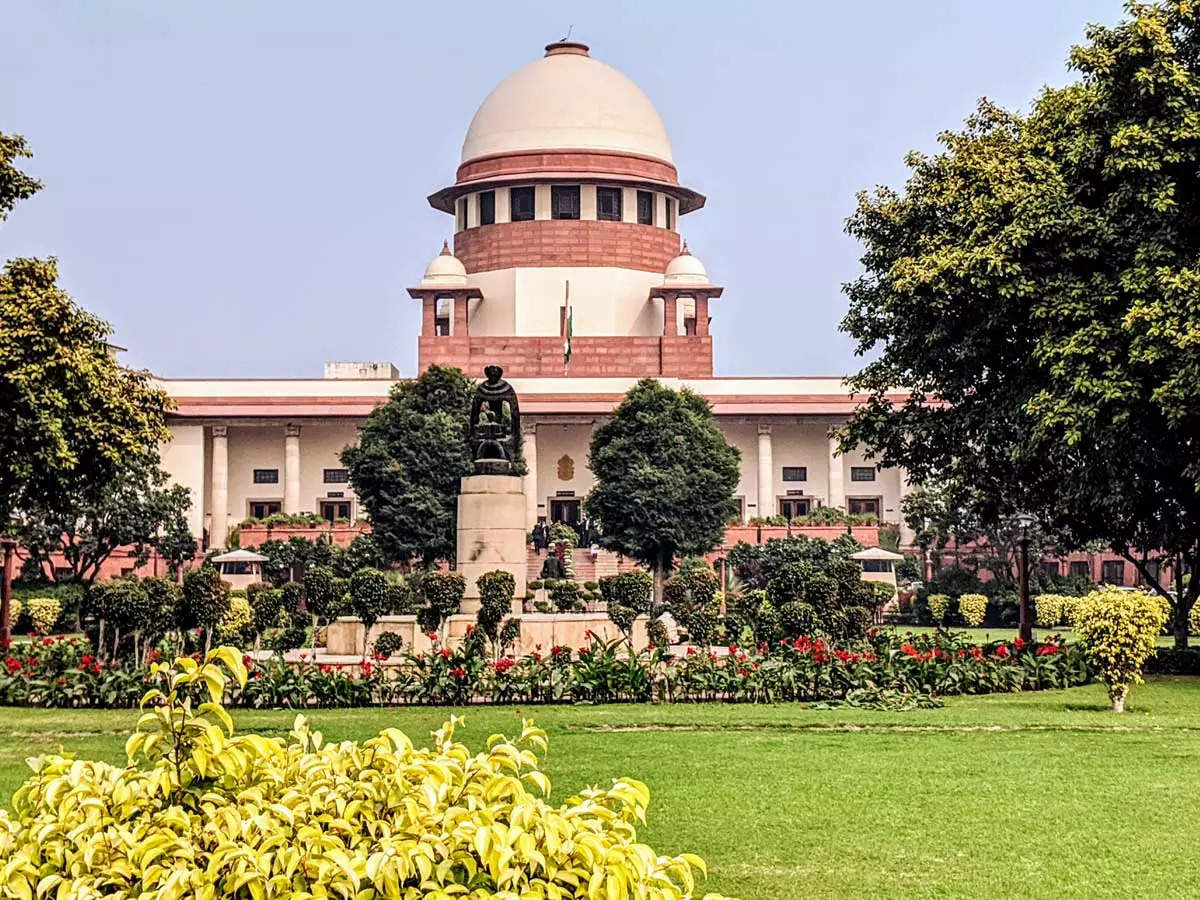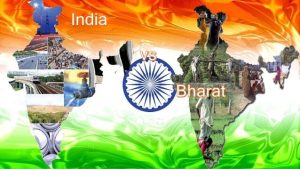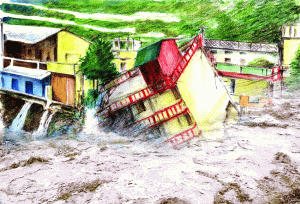
Supreme Court Reserves Judgment as Article 370 Arguments Conclude
The Supreme Court of India wrapped up its hearings on a series of petitions challenging the abrogation of Article 370 on Tuesday afternoon, marking a significant milestone in a contentious legal battle.
The extensive arguments, which commenced on August 2 and continued daily, were presented before a five-member constitutional bench of the Supreme Court, presided over by Chief Justice of India, DY Chandarchud.
Throughout the proceedings, prominent legal minds, including Gopal Subramaniam, Dr. Dhawan, Adv. Dave, and Advocate Kapil Sibal, among others, passionately debated the constitutionality of the Indian government’s decision to revoke Article 370. The government, in turn, staunchly defended the move, asserting that it was essential to bring Jammu and Kashmir in line with the rest of India.
The 15th day of hearings began with a fiery exchange surrounding the affidavit submitted by the first petitioner, Mohammed Akbar Lone, a senior leader of the Jammu and Kashmir National Conference, who faced accusations of raising pro-Pakistan slogans.
Senior Advocate Kapil Sibal expressed his concern that the proceedings were becoming a spectacle for media attention, urging restraint. He stated, “All this is being televised; let us refrain from doing all this.”
Advocate Sibal continued his rejoinder, emphasizing that all princely states had undergone merger agreements, with the sole exception being Jammu and Kashmir. He argued, “This shows that merger was never contemplated except in terms of 370. All the others became part of the states through proclamation and then became part of ‘B’ states.”
In response to a question from the Chief Justice of India, Advocate Gopal Subramaniam contended that the constitution of Jammu and Kashmir had been incorporated into the Constitution of India and could be interpreted accordingly. He asserted that the government’s arguments in favor of abrogation lacked a solid legal foundation.
Kashmiri lawyer Zafar Shah, in response to the government’s claims of development, stated, “I want to tell the Solicitor General that self-governance is better than good governance.” Shah also argued that if the court ruled in favor of the people of Jammu and Kashmir, the Chief Justice of India’s name would be etched in history for winning the hearts and minds of the region’s inhabitants.
Senior Advocate Dushyant Dave emphasized that regardless of the perspective, be it democracy, federalism, or the rule of law, each of these principles constituted a fundamental structure of the Constitution. He argued that every one of these principles had been disregarded by the abrogation.
Advocate Dave questioned the deployment of security personnel every hundred meters if peace had truly been established in Jammu and Kashmir.
At the conclusion of the arguments, the Chief Justice of India announced that the court had concluded its deliberations and had reserved its decision, marking a pivotal moment in this high-profile legal battle.
#SupremeCourt, #Article370, #Verdict, #Hearings, #LegalProceedings, #ConstitutionalChallenge

